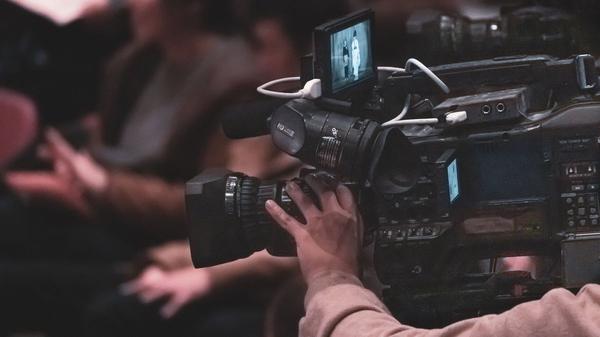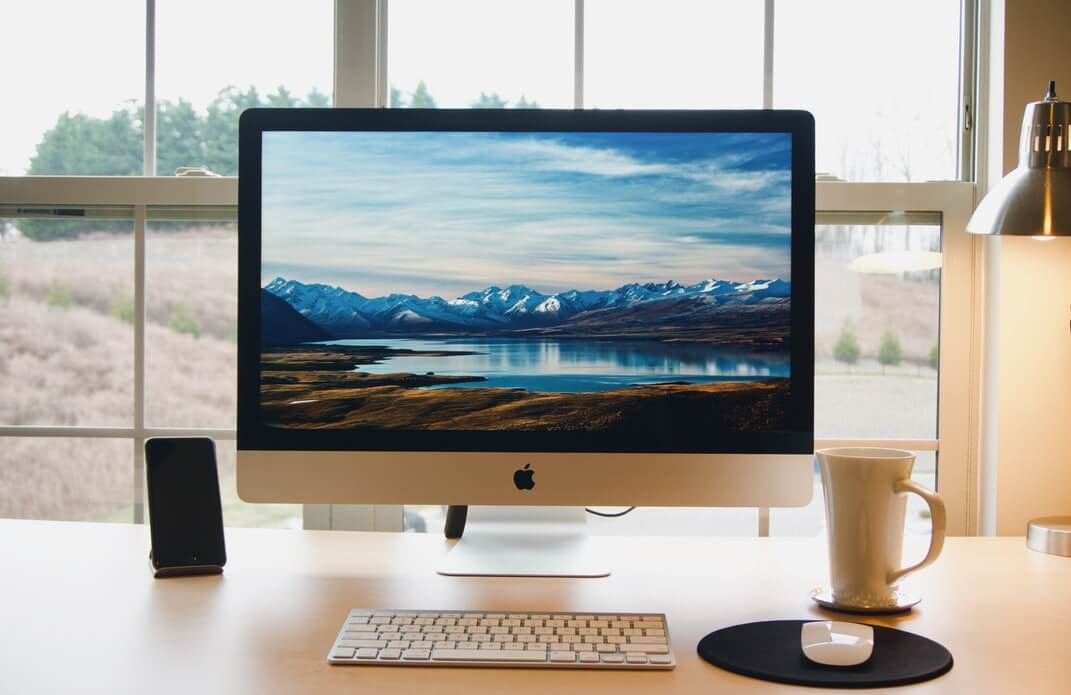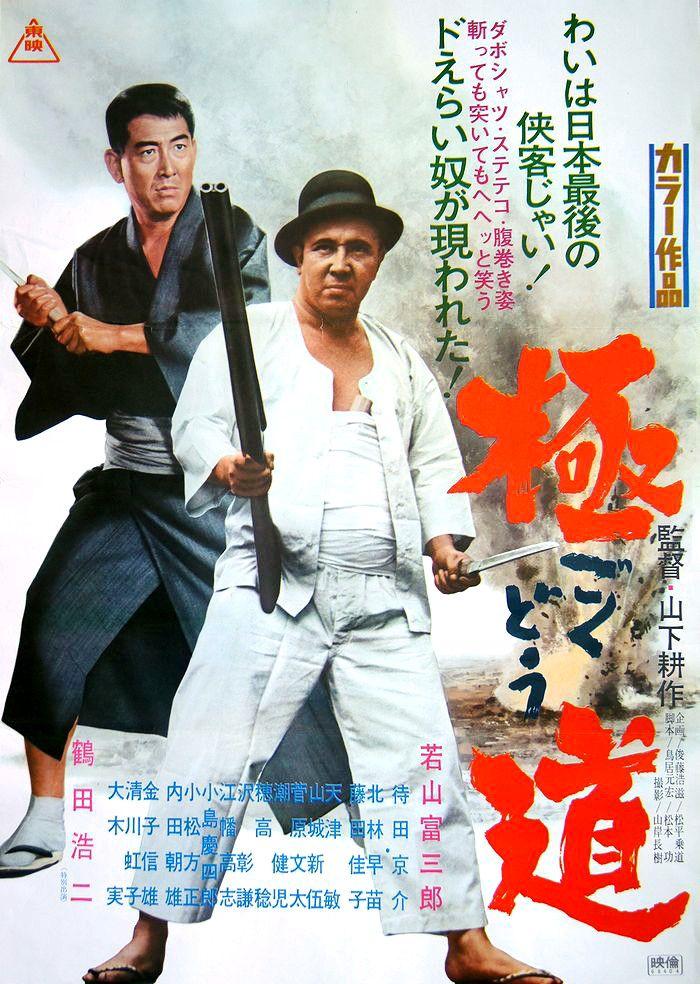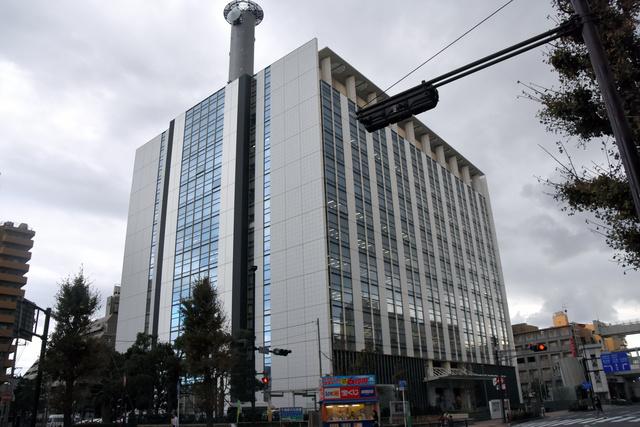Point your camera at an entertainer...
02
12
Point your camera at an entertainer who can never appear on TV. Questioning the present state of television, where the worry of ``won't protests come'' comes first
As the title suggests, the documentary film "Entertainer you can't meet on TV", which is delivered as a movie version instead of TV, follows a single comedian.
The name of the comedian is Hiro Matsumoto.
He used to appear in numerous TV programs in the social satirical comedy group "The Newspaper".
However, in a sense, he gave up on television and moved to the stage at the end of the 1990s.
TV cameras are chasing the comedian who has stopped appearing on TV.
However, this work is not simply a human document that follows an entertainer (*it also has aspects as a human document).
What one comedian can see is nothing but the current state of the media called television.
Why can't I see Hiro Matsumoto on TV? Is it really unacceptable to show his art of satirizing politics and social issues on TV?
Various questions come to mind.
What did the TV man who shared his time with Hiro Matsumoto feel and what did he see?
We asked the directors, Yoshitaka Yotsumoto and Yuki Maki. (5 times in total)
The words "You can never do that on TV" caught my eye
I wonder if this is the problem with TV now
Don't ask first What you shouldn't do is meet Hiro Matsumoto. What made you interested in him, who doesn't appear on TV?
Yongen "Going back more than 15 years, in 2004, I was making a documentary about a musician from Kagoshima.
Mr. Ryo Yoshimata, a musician who has worked on music for numerous hits such as the historical drama "Atsuhime" and the TV drama "Dr. Cotto Clinic". He was also in charge of the music for "Entertainers who can't meet on TV" (laughs).
I heard this story from Mr. Yoshimata.
``Recently, there is a very interesting comedian from Kagoshima. They do things that would never be done on TV, but it's really interesting and the ending is refreshing."
The comedian was Hiro Matsumoto.
The moment I heard it, the words "I can never do it on TV" caught my eye.
However, at that time, it ended with something like ``There are people like that''.
After some time, in 2019, Hiro Matsumoto will perform live in his hometown of Kagoshima.
I went to see it.
The stage was very interesting, made me cry a little, made me think deeply, and I was fascinated by the performance.
Then, when we decided to have a drink together that night, I told Hiro-san how I felt.
Then Hiro smiled and said, “Recently, people from TV stations often come to see comedians who can’t be seen on TV. It is always said there. Hiro, you're funny. But I can never put it on TV.”
I was taken aback by the overlap between Mr. Hiro's words, "I can never do it on TV," and Mr. Ryo Yoshimata's words, "I can never do it on TV" in 2004. .
``Isn't this the problem we are facing with television now?''
I immediately asked Hiro-san. "Hiro-san, if you don't mind, could you point the camera at me?"
At first, I thought I would be refused.
However, Mr. Hiro immediately answered "yes".
Confirmed many times. Hiro, whose face turned red after drinking shochu, smiled and said, "It's okay." And then the shooting started.”
"Are you okay? Will there be protests?" Is this okay?
Even after 15 years, I kept getting stuck with the words 'it can't be done on TV' and 'it can't be shown on TV'. What exactly did you think of when you heard these words?
Yongen "In 2004, when I heard the words 'You can't do it on TV,' as a TV person, I must have thought, 'There is nothing you can't do on TV.' I think it was
However, in 2019, when Mr. Hiro himself told me, the way I took it was completely different. It's like we're in the reality that 'it can't be done on TV' or 'it can't be shown on TV'.
Probably, in the past ten years, I have been doing various interviews and making programs, and I was confronted with the reality of television that I had a vague sense of.
For example, even in the information program's tranquil hot spring project, a telop such as ``Photography has been obtained'' began to appear. Do you think there are people who enter without permission? However, it has become commonplace to include such telops in the sense of avoiding risks in advance so as not to receive protests.
The values of making TV have changed. In the past, "interesting" was the criterion for all decisions. But now, the first thing that comes up is 'Are you okay? Will there be protests?' Is this right.

So, when I saw Hiro-san in front of me, I thought to myself. In the past, if there were "interesting" comedians who couldn't be shown on TV, I think the original fun of TV was to somehow convey it on TV.
If there was an entertainer who could never appear on TV, I thought that TV would be a challenge to break that absolute. Surely there is a true meaning that they express themselves.
When I heard Hiro-san's words, ``I can't appear on TV,'' this probably came to my mind all at once.
And so, I think I strongly wanted to interview Hiro-san, who I couldn't meet on TV, and asked for it."
Let's do this interview with a junior who has never done a documentary.
When he came up with this idea, Director Yotsumoto had another idea.
Yongen "The number of documentary programs is steadily decreasing.
As a result, the next generation of juniors have less and less opportunities to be involved in documentaries and the desire to challenge themselves.
Certainly, documentaries take time and effort, and it's hard to get viewer ratings. However, it is really important to look at the region and think deeply about society, and it is especially indispensable for us at local stations.
I myself have continued to produce documentary programs, so I have a feeling that I would like to see juniors who want to make documentaries somewhere, and I would like to pass on that baton.
So, I decided to do this interview with Hiro-san with a junior who had never done a documentary before."
In addition, there was also this idea.
Yongen "I think that our generation probably feels that there is no freedom of expression in today's television.
Just like the telop problem.
However, I wondered how Mr. Hiro would be perceived by the younger generation, who started their career as a TV man in a place where such things have become commonplace.
Perhaps, since they said, "It can never be shown on TV," they might just say, "It's impossible."
The standing position may be completely different from mine. No, most likely not. I thought that was enough.
I think we can find something from different angles and look at our current TV."
Therefore, he called out to his subordinate, Maki, who is more than 10 years older than him and is in his 30s.
To be honest, I was reluctant at first
Maki looks back on this time.
Maki "Until then, I was in charge of information programs and music programs.
I have no experience with news programs, let alone documentaries.
So, I was called to the meeting room and asked, 'Would you like to shoot a documentary? ', 'Why me? (bitter smile).
But, regardless of that, people kept telling me, ``There's an interesting comedian here.''
Probably, no matter what I say, the conversation is progressing on the premise that I will do it.
So, I kept giving vague backtracks and didn't give a clear answer, but I thought, "I guess I'll end up doing it."
To be honest, at first I wasn't very enthusiastic about it.
There is an entertainer who does social satire that cannot be shown on TV today, and TV cameras follow him.
When faced with this, I couldn't bring myself to raise my hands and say ``OK, let's do it''.
Rather, I was worried that some kind of problem might occur when broadcasting.
The other thing that bothered me was Hiro Matsumoto's own stance.
Hiro-san himself agreed to be interviewed, but he may not really want to appear on TV.
I wondered if it would be a good idea to go out of the way to pull out people who have chosen to live on stage away from television.
I couldn't get rid of the idea that it was the ego of the people who made the TV.
That's why I couldn't find the significance of interviewing Mr. Hiro or the sense of justice within me as an interviewer.
Because of that, I had a feeling that the shooting started with a feeling of confusion."
(*Continued from Part 2)
"An entertainer you can't see on TV"
Performer: Hiro Matsumoto
Director: Yoshitaka Yotsumoto, Yuki Maki
Producer: Katsuhiko Abuno
Photography: Yasuo SuzukiEditing: Yuki MakiSound effects: Yoshine KubotaMusic: Ryo Yoshimata
Production: Toshihiro Maeda, Shuhei Yamaguchi, Takaharu Kaneko, Toshihide Nomoto, Yuji Sakiyama, Shizuhiko Arata
Credit Animation: Kunio Kato
Pole Pole Higashi-Nakano, Seventh Art Theater and other locations nationwide
All scene photos (C) 2021 broadcast


![[Kill personally developed games] Top class in app history! Too beautiful water puzzle "a [Q] ua" | Famitsu App for smartphone game information [Kill personally developed games] Top class in app history! Too beautiful water puzzle "a [Q] ua" | Famitsu App for smartphone game information](https://website-google-hk.oss-cn-hongkong.aliyuncs.com/drawing/article_results_7/2022/3/3/66755df992ff2d2b1e1ab43844ef9f88_0.jpeg)





![[Latest in 2021] 10 recommended seat covers for cars!If you want to improve the texture and functionality of the car, choose the mounting type and material. [Latest in 2021] 10 recommended seat covers for cars!If you want to improve the texture and functionality of the car, choose the mounting type and material.](https://website-google-hk.oss-cn-hongkong.aliyuncs.com/drawing/article_results_7/2022/3/3/e5b44589e77141f3a633189165fb6f60_0.jpeg)